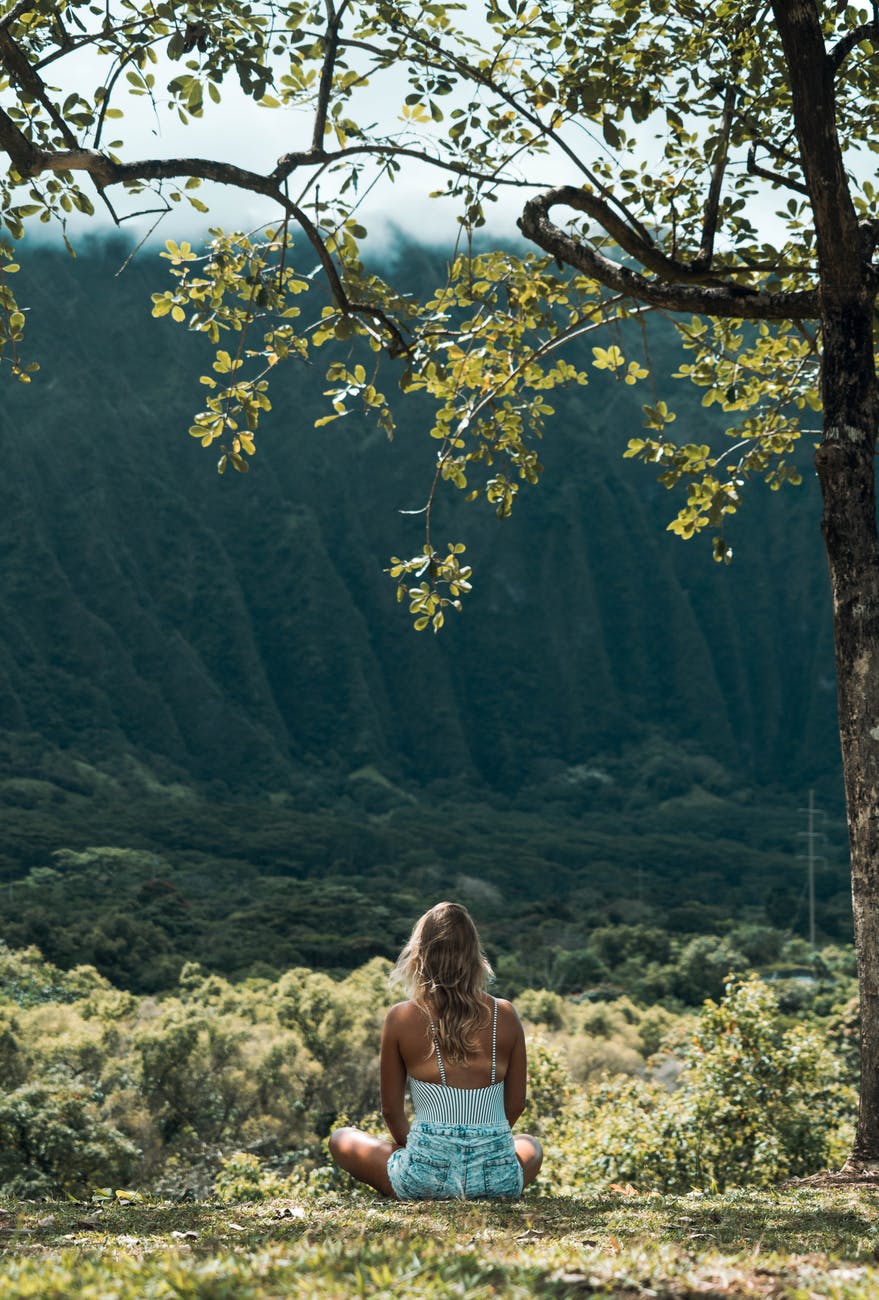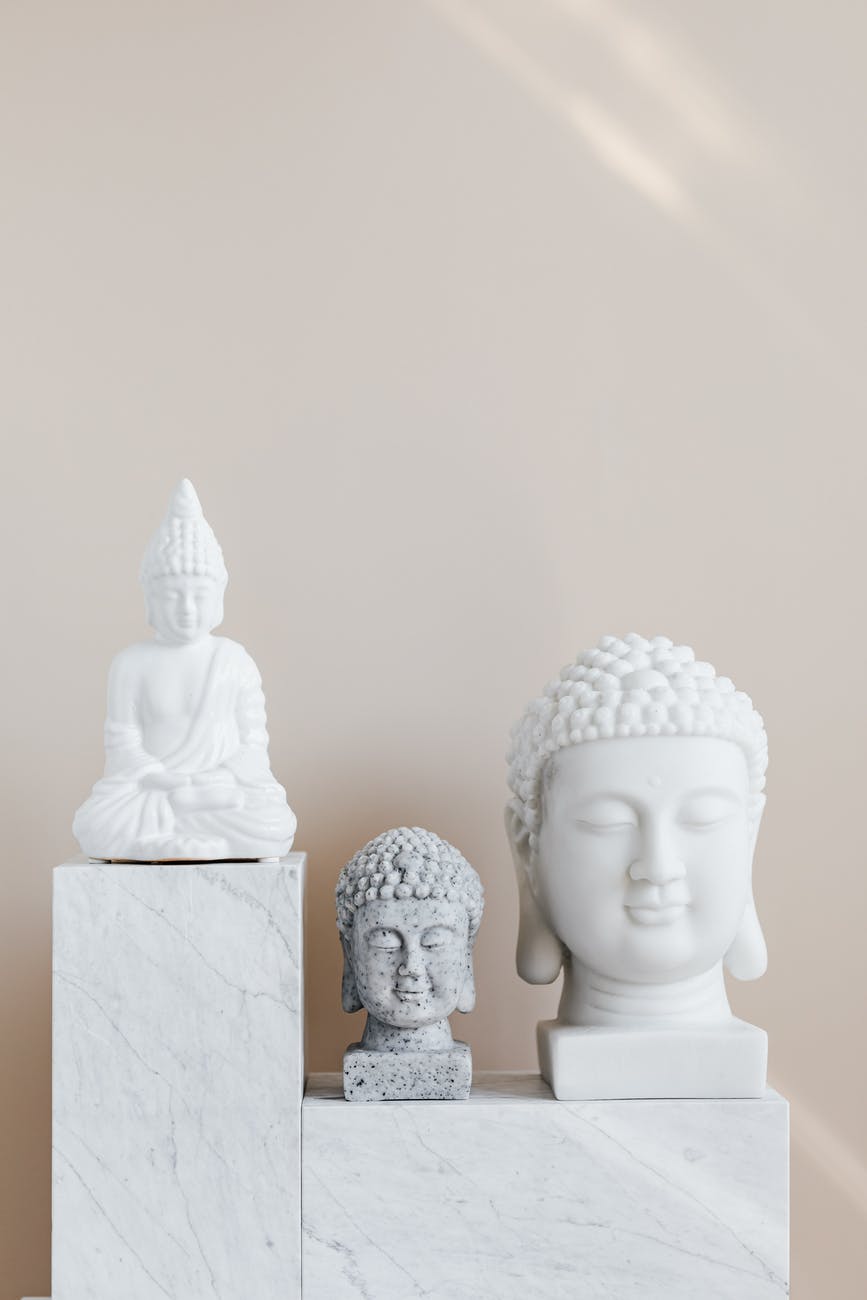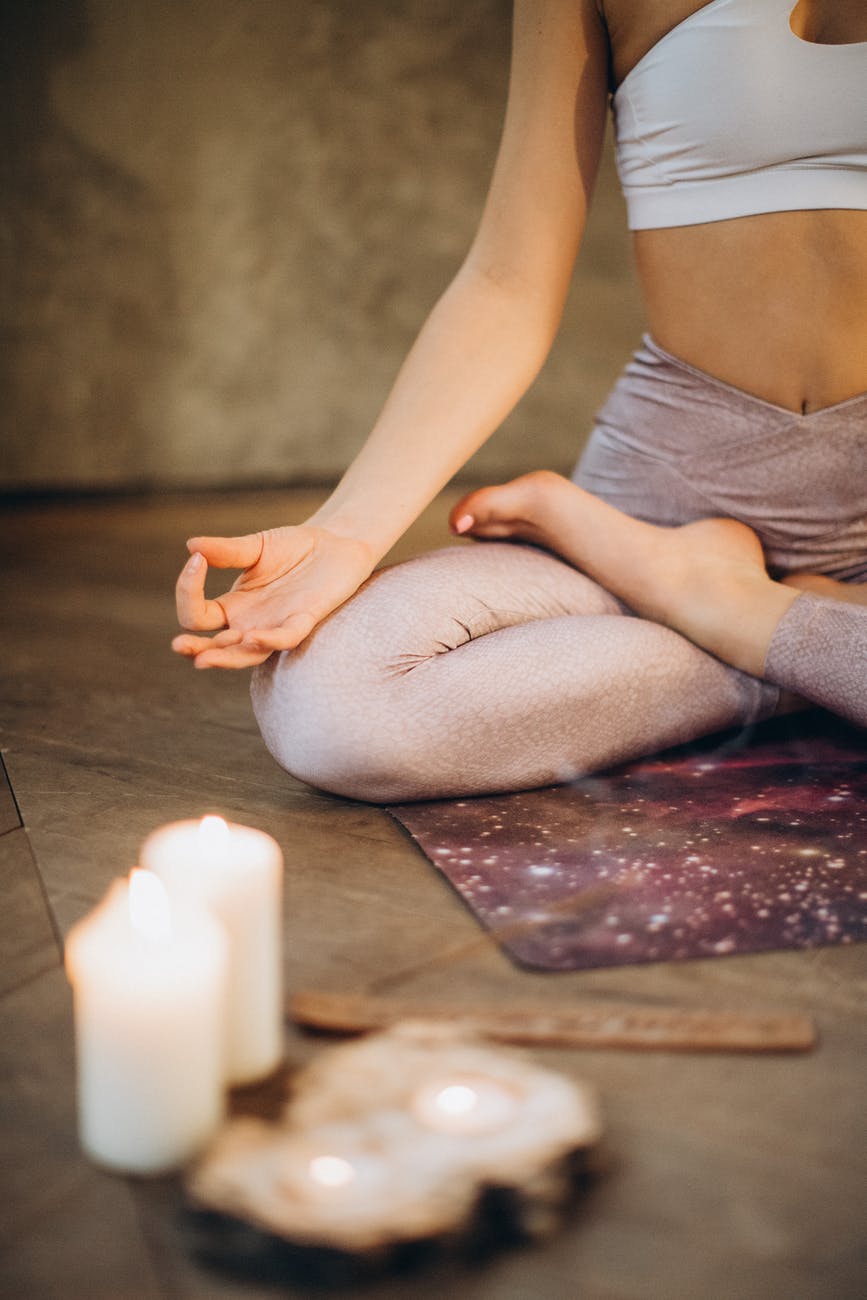We all have heard the term “mindfulness” a lot of times. But many of us despite being aware of the term don’t know what mindfulness actually is. Some confuse it with meditation. But to your surprise, these two terms are pretty different.
So, what exactly is mindfulness?
Mindfulness is a way of living which is achievable with a lot of practice. It is a process of connecting to your surroundings and being completely aware of them. Mindfulness is a practice which enables you to focus on being intensely aware of what you’re seeing and what you’re feeling, without interpretation and judgment.
In a sense, it lets you completely focus on “the now”. It is the acceptance of your thoughts and yourself.

This might seem like a trivial thing and think to ourselves, “I’m completely aware of my surroundings. Maybe I was born mindful.” But no. The human mind tends to get distracted even by the smallest of things. We worry about the future so much that we forget to live in the present. Obsessive thoughts take us over and we leave our present and hop on to an imaginary time machine to travel back and forth in life.
But one can’t go on travelling back and forth in time and feeling anxious. Here, mindfulness comes in as our saviour.
Now the question is how is mindfulness achieved and how to practice it? I’ve got you covered on this.
Mindfulness needs no equipment like candles, oils or mantras. Find a comfortable and peaceful place and meditate. Not your usual meditation where you may get distracted. But sit with a judgment-free mind, focus on your breathing and let the energy flow within you naturally.
While sitting down, notice how your legs and arms move. Let your body loose, unclench your teeth, relax your muscles and let your gaze fall onto the ground.
While practising mindfulness, your mind may try to wander off in some distant land. Don’t panic and let it go for some but make sure to come back and focus on your breath. Notice how the air comes into your body and how it leaves. This wandering off may happen a few times but keep guiding your mind back to your breath. Remember this is a judgment-free zone. Give yourself a break and forget about all the worries and anxieties of the day for some time. Slowly, your body will start to feel light. Sit there for at least 10-15 minutes. When you think you are done lift your gaze and go on with your day but with more attentiveness.

There are several other ways by which mindfulness can be achieved. The simplest one being, trying to stay attentive throughout the day. Noticing your actions, surroundings and movement of your body. Types of mindfulness practices include:
- You can practice it while seating, walking, driving or even lying down.
- Short breaks on our daily routines.
- Combining it with physical activities like yoga.
Mindful meditation may look easy but it takes a lot of practice to be mindful in real sense. Keep practising and you will see the results soo. If you find it difficult to fit it into your schedule, you can download an app or can fix a particular time of the day.
Something practised by thousands of people must come with a lot of benefits. And, it does. Mindfulness has several benefits which are visible in a short period of time.

Practising it for 8 weeks has been said to be transformative in many forms.
- It helps reduce stress, anxiety, pain, depression, insomnia and high blood pressure.
- It is also good for our hearts and improves the immune system.
- It also increases your attention span, improves sleep and controls diabetes (can only be controlled to a certain level and not cured).
- It has also shown a positive impact on relationships and eating disorders.
- Makes your mind judgment-free and makes us kinder and warmer.
You don’t need to practice it every day, it said that practising it for even 4 times a week can prove to be useful.
Mindfulness is not just a practice but it is a way of living. It is not toxic, harmful or obscure. And I don’t say it based on faith. It has scientifically and by experienced demonstrators proven that mindfulness does bring a change in the way you live.
In this chaotic and uncertain world, it helps you deal with your problems innovatively. Another plus point? It requires no change in yourself, it brings out the best in us as human beings.
Mindfulness is a great way to collide two different worlds, i.e., our mind and the world into one.


You must be logged in to post a comment.